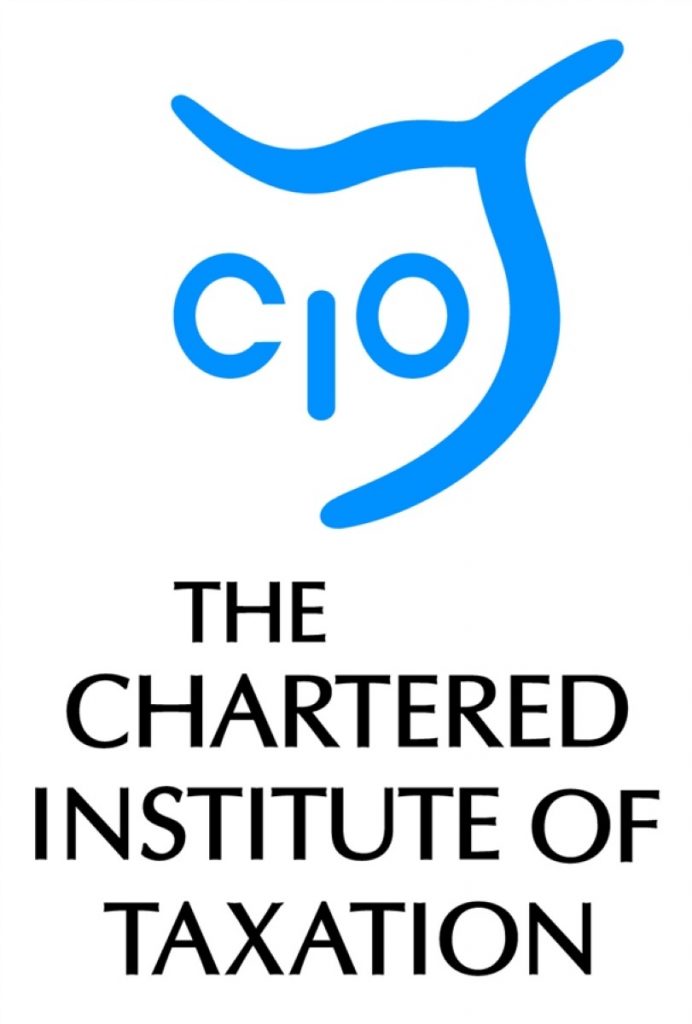CIOT: HMRC heeds Institute’s calls for P45 reprieve
The Chartered Institute of Taxation (CIOT) has welcomed today’s announcement by HM Revenue and Customs (HMRC) that the P45 will be retained for all employees leaving a job. It had been proposed to give employers participating in the Real Time Information (RTI) programme the option of providing departing employees with a ‘leaver statement’ instead from April this year.
The CIOT raised concerns about this issue at the October RTI Customer User Group meeting and wrote to HMRC in November asking them to delay any change in the rules until RTI has bedded down, information is flowing well from HMRC to new employers (i.e. the employer relating to a new employment of the employee) and there has been a concerted education programme. The CIOT does not envisage this being the case before 2014 at the earliest.
Colin Ben-Nathan, Chairman of the CIOT’s Employment Taxes Sub-Committee, said:
“This is a sensible decision by HMRC. The removal of the requirement to provide a P45 was well-intentioned but doing so this year would have been premature and potentially confusing for employers, employees and even government itself. ‘New employers’ would have had to grapple with a mix of freeform leaver statements and P45 forms; plus no procedure seemed to have been put in place for ensuring the employee in the middle of all this retained the document for his own use.
“P45s are widely recognised and widely used, not just by new employers, but by banks, tax advisers and public bodies, as evidence of identity.1 Introducing an alternative document alongside the P45 without an adequate educational process and amendment of rules and training manuals would be confusing and likely to increase bureaucratic burdens, the opposite of the Government’s intentions.
“We are pleased that HMRC consulted on this issue, listened to concerns and have come to a pragmatic solution that is all the better for having consulted. Once RTI is up and running this issue could be revisited.”
Notes to Editors
1. A P45 is also often cited as a suitable piece of evidence of identity under money laundering regulations for opening a bank account or engaging a new tax adviser. Such organisations will need to be fully aware of what they can expect to see as evidence of earnings and training manuals will need to be updated. It is important that fraud is not encouraged because a familiar form has been replaced with something that looks and feels like a payslip.
2. The Chartered Institute of Taxation (CIOT) is a charity and the leading professional body in the United Kingdom concerned solely with taxation. The CIOT’s primary purpose is to promote education and study of the administration and practice of taxation. One of the key aims is to achieve a better, more efficient, tax system for all affected by it – taxpayers, advisers and the authorities.
The CIOT’s comments and recommendations on tax issues are made solely in order to achieve its primary purpose: it is politically neutral in its work. The CIOT will seek to draw on its members’ experience in private practice, government, commerce and industry and academia to argue and explain how public policy objectives (to the extent that these are clearly stated or can be discerned) can most effectively be achieved.
The CIOT’s 15,600 members have the practising title of ‘Chartered Tax Adviser’ and the designatory letters ‘CTA’.
George Crozier
External Relations Manager
D: +44 (0)20 7340 0569
M: +44 (0)7740 477374
The Chartered Institute of Taxation
Registered charity number 1037771
www.tax.org.uk
The Association of Taxation Technicians
Registered charity number 803480
Registered company number 2418331
VAT Registration Number 497 5390 90
www.att.org.uk
Low Incomes Tax Reform Group – an initiative of the Chartered Institute of Taxation
www.litrg.org.uk
1st Floor, Artillery House, 11-19 Artillery Row, London SW1P 1RT





-01.png)